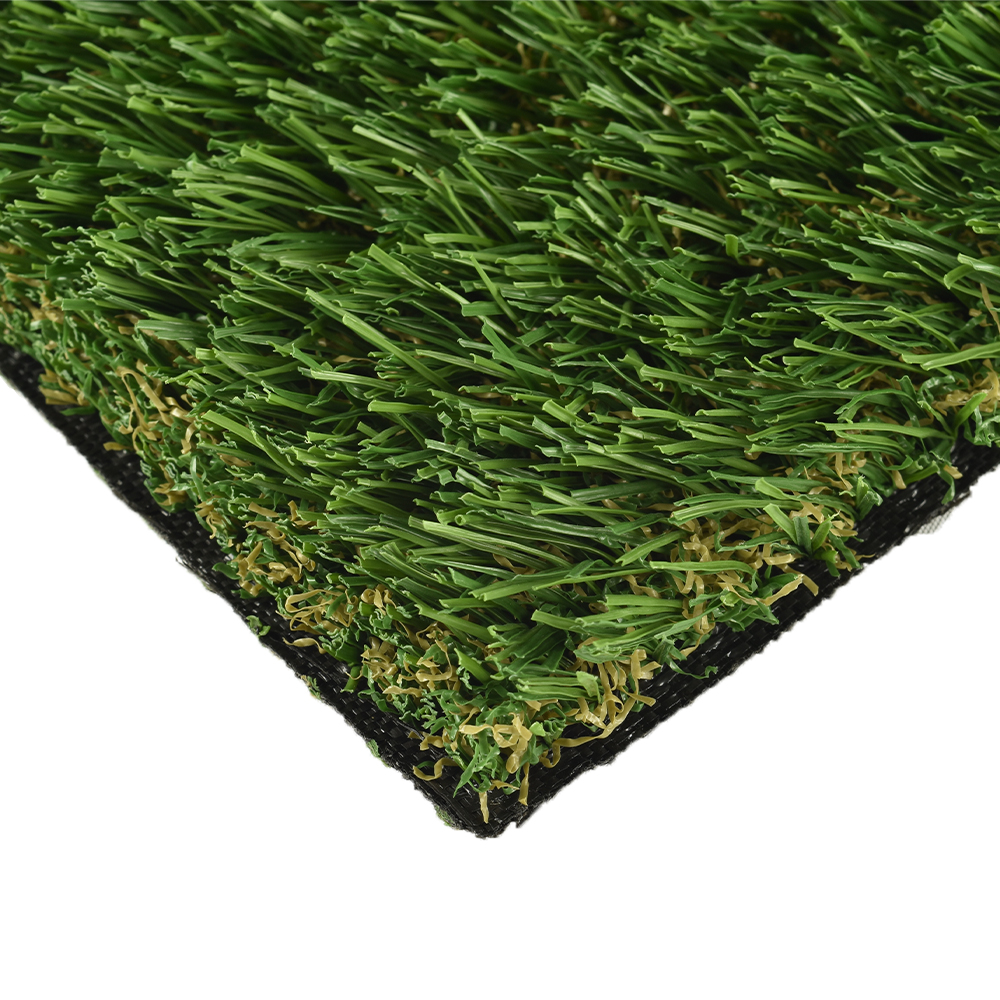Top Phoenix Turf Companies Delivering Premium Synthetic Grass Solutions
Top Phoenix Turf Companies Delivering Premium Synthetic Grass Solutions
Blog Article
Look Into the Environmental Benefits of Opting for Synthetic Grass Solutions
The adoption of man-made turf solutions offers an engaging opportunity to address pushing environmental challenges. By substantially decreasing water usage and lessening the application of dangerous chemicals, these options not just advertise lasting landscaping however additionally secure local environments.
Water Preservation Advantages
One of one of the most substantial benefits of synthetic turf is its ability to preserve water. Typical grass lawns call for substantial watering, specifically in locations prone to drought or water restrictions. In contrast, fabricated turf does not require watering, substantially decreasing the general need for water sources. This attribute is particularly useful in dry regions where water deficiency is a pressing concern.
By eliminating the requirement for routine watering, synthetic lawn adds to lasting landscape practices and helps alleviate the ecological influence of too much water usage. Furthermore, the conservation of water expands to the reduction of overflow, which can bring about dirt erosion and river contamination.
Additionally, the setup of synthetic lawn allows districts and property owners to designate water sources extra efficiently, focusing on crucial usages such as alcohol consumption water and agriculture. The shift in the direction of synthetic grass not just advertises accountable water use but additionally aligns with wider environmental objectives targeted at preserving natural resources.
As neighborhoods significantly focus on sustainability, the water preservation advantages of fabricated grass offer an engaging case for its fostering in residential and business landscaping tasks.
Reduced Chemical Usage
The shift to synthetic grass substantially decreases the dependence on chemical therapies frequently made use of in all-natural grass maintenance. Traditional lawn monitoring usually entails the application of chemicals, fertilizers, and herbicides to advertise development and control bugs. These chemicals can pose risks to human wellness, neighborhood wildlife, and the atmosphere, contributing to soil and water contamination.
In contrast, fabricated lawn removes the need for these unsafe substances. By decreasing the release of artificial compounds right into the ecosystem, artificial grass advertises much healthier dirt and water systems.
Additionally, the lack of chemical runoff associated with man-made lawn installments helps protect local waterways from contamination, supporting aquatic life and maintaining biodiversity. Turf installation phoenix az. As neighborhoods progressively prioritize lasting methods, choosing for synthetic grass offers a practical service that aligns with ecological conservation goals. Through this shift, homeowner can take pleasure in rich eco-friendly rooms without jeopardizing environmental health, leading the method for a much more sustainable future
Reduced Carbon Impact

Moreover, the installment of synthetic grass can result in considerable water preservation. All-natural lawns need considerable amounts of water for irrigation, which not just contributes to the carbon footprint related to water extraction and therapy but likewise pressures neighborhood water sources. In contrast, man-made lawn requires very little maintenance, needing no watering, thus significantly reducing water use and its connected energy costs.
In addition, the durability of synthetic grass adds to its lower carbon impact. With a life-span of up to 15 years or more, the demand for constant substitutes is lessened, causing much less waste and reduced power intake in production and taking care of traditional yard alternatives. Generally, synthetic grass provides a lasting alternative for ecologically conscious landscaping.
Habitat Preservation
Environment conservation is an important consideration in the debate over landscaping selections, specifically when contrasting synthetic turf to natural grass. Natural grass yards typically call for More Info extensive upkeep, including using chemicals, fertilizers, and herbicides, which can detrimentally affect local environments. These chemicals can seep into the dirt and waterways, harming native flora and animals and disrupting neighborhood environments.
Fabricated grass eliminates the demand for harmful chemicals, thus securing neighboring wild animals and keeping the stability of bordering environments. The installation of artificial turf can lead to the conversion of previous grass locations into more biodiverse landscapes, such as pollinator gardens or native plant areas, which can sustain local wildlife.
Ultimately, the shift to man-made turf not only conserves water and reduces upkeep efforts however likewise fosters an extra harmonious connection between human activities and the natural surroundings, promoting environment conservation at the same time.
Long-Term Sustainability
Long-term sustainability is a critical consider assessing the advantages of synthetic grass over standard turf lawns. Among the most substantial advantages of synthetic grass is its longevity; it can last as much as 15-20 years with marginal maintenance, whereas natural grass requires frequent reseeding and substitute. This longevity lowers the need for constant sources, such as water, fertilizers, and pesticides, which click to read are necessary for maintaining a healthy and balanced turf yard.
In addition, synthetic grass adds to a reduction in carbon exhausts connected with lawn care tools. Conventional grass frequently require gas-powered mowers, trimmers, and blowers, all of which add to air pollution. Arizona turf. In contrast, synthetic lawn eliminates the requirement for such devices, advertising a cleaner setting
Moreover, the production of man-made turf significantly utilizes recycled materials, improving its sustainability account. As makers take on environment-friendly techniques, the ecological footprint of synthetic grass remains to decrease.

Conclusion
The fostering of artificial turf services provides considerable ecological advantages, consisting of substantial water preservation, reduced reliance on harmful chemicals, and a lower carbon footprint. Additionally, synthetic turf aids in protecting all-natural habitats by lessening land disruption and promoting long-term sustainability through making use of durable products. Collectively, these elements underscore the possibility of synthetic grass to contribute positively to environmental health and supply a viable option to conventional landscape design methods in a progressively resource-conscious globe.
In comparison, synthetic lawn does not require watering, substantially minimizing the general need for water resources. By minimizing the launch of artificial compounds right into the environment, synthetic lawn promotes healthier dirt and water systems.
Additionally, the installation of artificial turf can result in considerable water preservation. In contrast, fabricated turf needs minimal upkeep, needing no watering, thus significantly minimizing water use and its associated energy prices.

Report this page